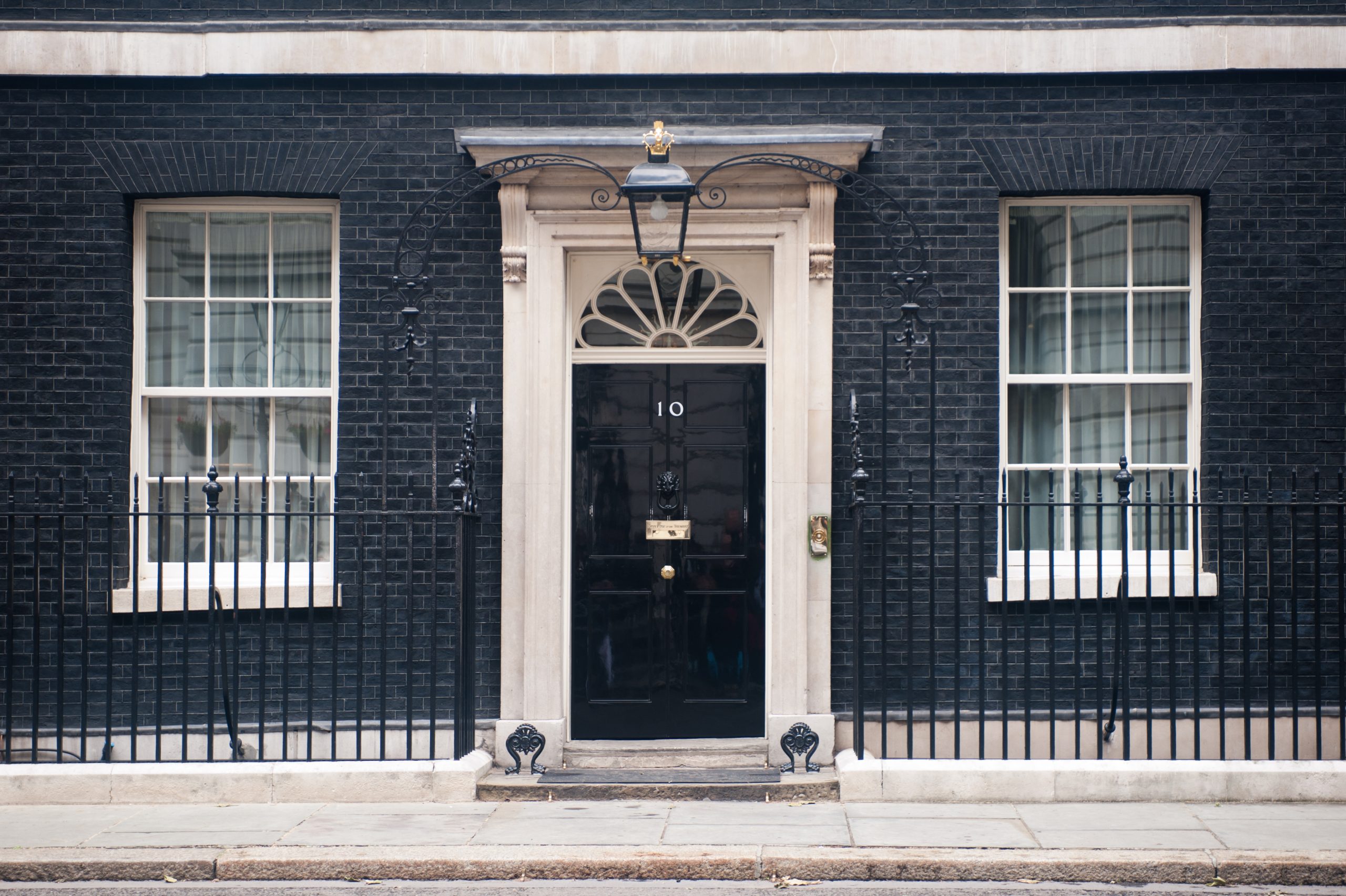Welsh Government Announces New Housing Quality Standard

A new Housing Quality Standard is being introduced by the Welsh Government. How will the standard help amplify the decarbonisation of Wales’ current social housing stock?
The Welsh Government has announced that the new Welsh Housing Quality Standard (WHQS) will replace the existing standard to “better reflect changes in the way people live, work and feel about their homes.”
£22.5 million will be used to raise the bar for social housing
Focusing mainly on affordable heat and decarbonisation, the standard also looks to improve the comfort of the homes, including with up-to-date kitchens and bathrooms, as well as the general well-being of local people.
All habitable rooms, staircases, and landings located within the house should have suitable floor coverings at the change of tenancy, alongside improving issues such as damp and mould, broadband access, and building safety.
Climate Change Minister Julie James explained that over £20 million in funding will be implemented: “I intend to make available a further £22.5 million across this year and next, targeted at supporting social housing meeting the new Wales Housing Quality Standard.”
Continuing, the Minister highlighted that this new standard will be vital in helping to create the sustainable and thriving communities of the future: “This is a bold and progressive standard that sets ambitious targets to make a difference to the overall quality of people’s lives, raises the bar for social housing and reflects the voice of tenants in Wales.”
The new standard will require social landlords to aim to achieve EPC Band A for each property, but this will be completed in steps, with the aim for EPC C by 2029.
In addition, each home will have an Environmental Impact Rating (EIR), which will be driven by the average carbon emissions of the home. Higher scores will be given to renewable heating systems and renewable technologies.
It requires social landlords to undertake an assessment of their entire housing stock to highlight the current EPC and EIR ratings of their homes.
From this, landlords will then need to produce a Target Energy Pathway (TEP) for every home. This will point out what work they will need to carry out on a property to achieve the required targets.
In addition, the TEP will also include information on the expected costs and timings of the improvements.
Every home requires a different solution
Climate Change Minister Julie James added that it is essential that decarbonisation in the social housing industry is addressed: “It is vital that we continue to lead the way in decarbonisation of housing and learn how to upgrade social housing effectively and efficiently, in ways which reduce carbon emissions and energy bills for tenants.
“What we learn from upgrading the 230,000 social homes in Wales will drive how we, as a nation, tackle decarbonising the 1.2 million privately owned homes in Wales.”
She then explained that the challenge of retrofitting Wales’ existing housing stock is vast: “Every single house has a different history and therefore our mission is to reduce carbon emissions home by home and street by street.”
The new Housing Quality Standard being introduced by the Welsh Government will be a turning point in the decarbonisation journey of Wales’ current social housing stock.

